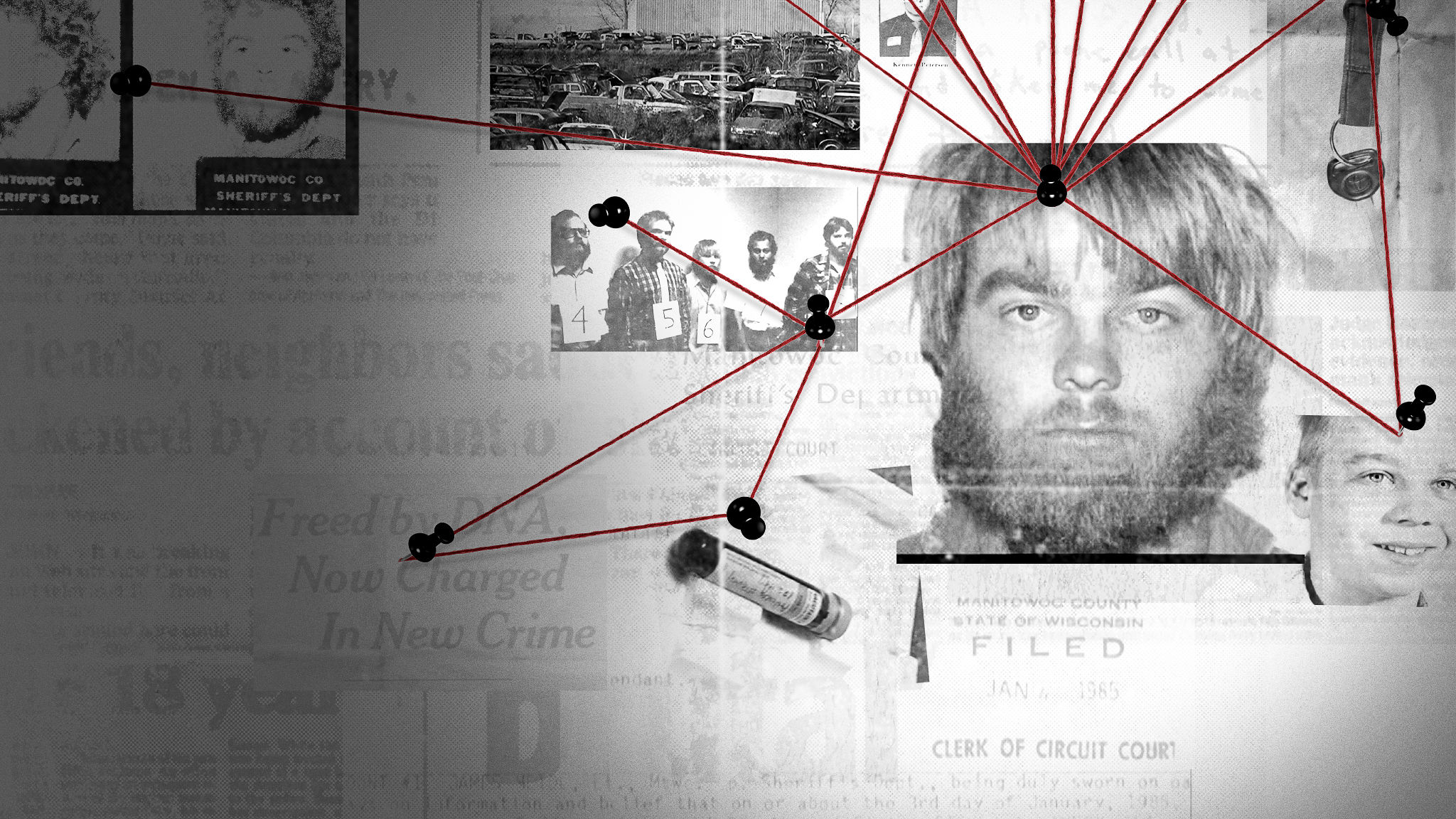It was the Netflix season which had everyone gripped, and last week Making a Murderer attorneys were in Leeds to answer your burning questions…
Even if you didn’t avidly follow every episode of Moira Demos and Laura Ricciardi’s series Making a Murderer like I did, it’s impossible to not be familiar with the case of Stephen Avery.
In style with the nature of the documentary the evening hosted at Leeds Town Hall last Thursday allowed members of the public to ask their own questions to Stephen Avery’s defence attorneys Dean Strang and Jerry Buting. For many people the following of the case became somewhat of an obsession and I remember well the feelings of excitement, anticipation and trepidation experienced before and after every new development. Being able to sit in a room with two of the men so essential to the case was a unique and stimulating experience, and helped to satisfy some of my desire to address all my unanswered questions. The line of questioning was broadly split into two main categories; questions regarding specific details of the case and questions regarding its wider nature and impact. There was a real sense of being given insider knowledge and although admittedly I became a little lost on some of the forensic technicalities it was fascinating to hear the inner details of the case being discussed by experts.
The unique nature of Making a Murderer meant that it caused a certain amount of controversy specifically regarding the portrayal of the case, with critics arguing that it was intrinsically biased. Strang and Buting spent some time discussing this and argued convincingly that the facts from both sides of the case were presented, but the lack of cooperation from the prosecution meant it was only possible to build 3D personalities of the defence team and Avery family. For this reason, the personal attachment many viewers experienced was directed in favour of Avery and his family.
This brings to the forefront another key point of discussion; whether the line between the public and the private has become too blurred and as a result whether those involved in the case were exploited. This question was discussed with the sensitivity it warranted and really got to the heart of what Strang and Buting were trying to convey. Whilst completely acknowledging the tragedy of the case, its documentation has highlighted the shocking failures of the criminal justice system and has allowed there to be a world-wide discussion on these issues. To quote Avery; “the poor never get justice”, and it is from the following of this one case that claims such as these are being given a platform for discussion and the possibility of change is being realised.
I went to this talk expecting to satisfy some of my own curiosities regarding Stephen Avery’s case and by the end of the evening I had a much deeper understanding of the many issues attached to the criminal justice system. Despite the macabre subject matter of the evening I left feeling positive and encouraged by the fact that people are not willing to simply accept injustices when they are encountered. The passion of Strang and Buting was evident and their concluding thoughts resonated with me, we have the justice we demand or tolerate and therefore everyone is responsible for upholding it.
Ruth Shepherd
(Image: The Independent)

